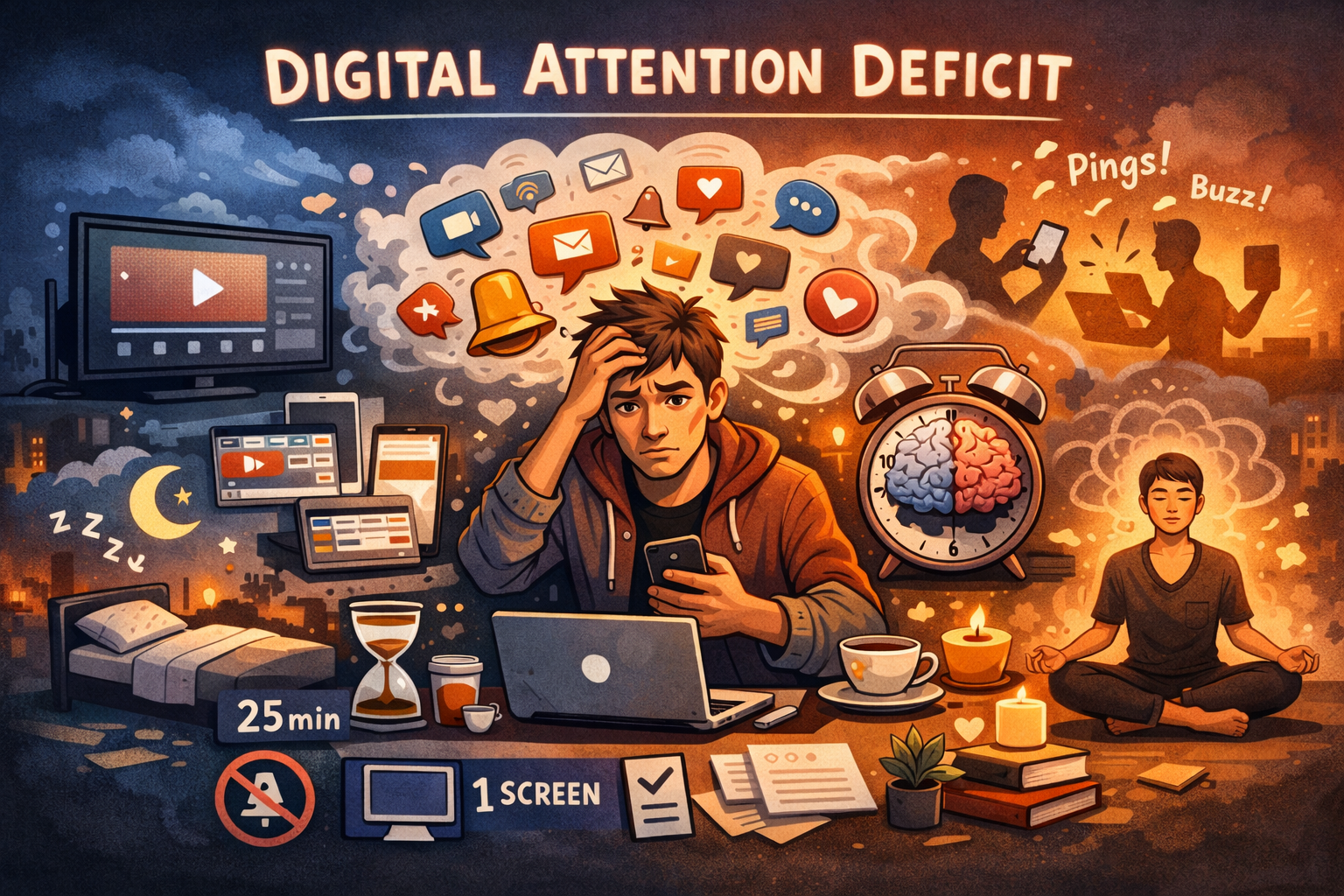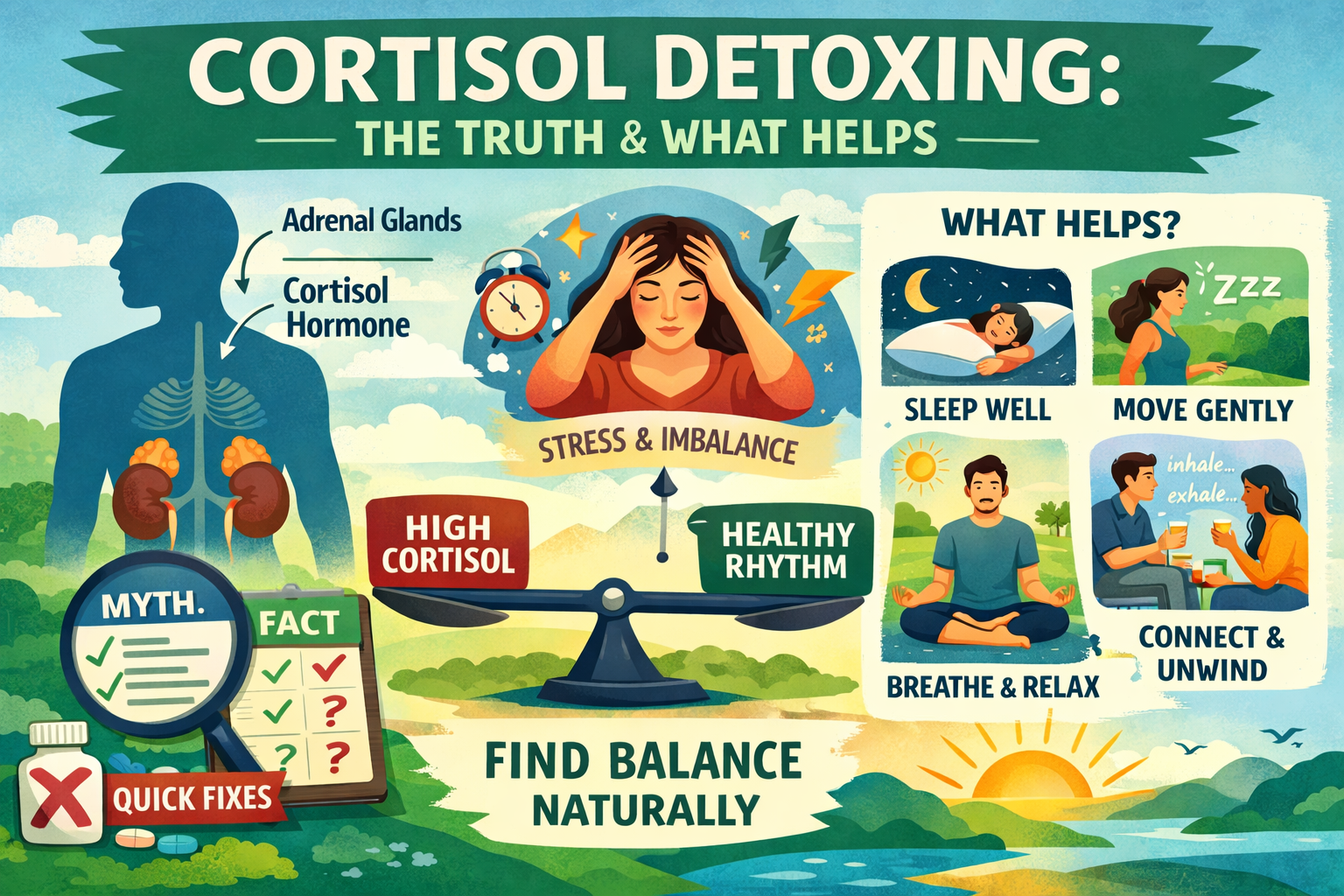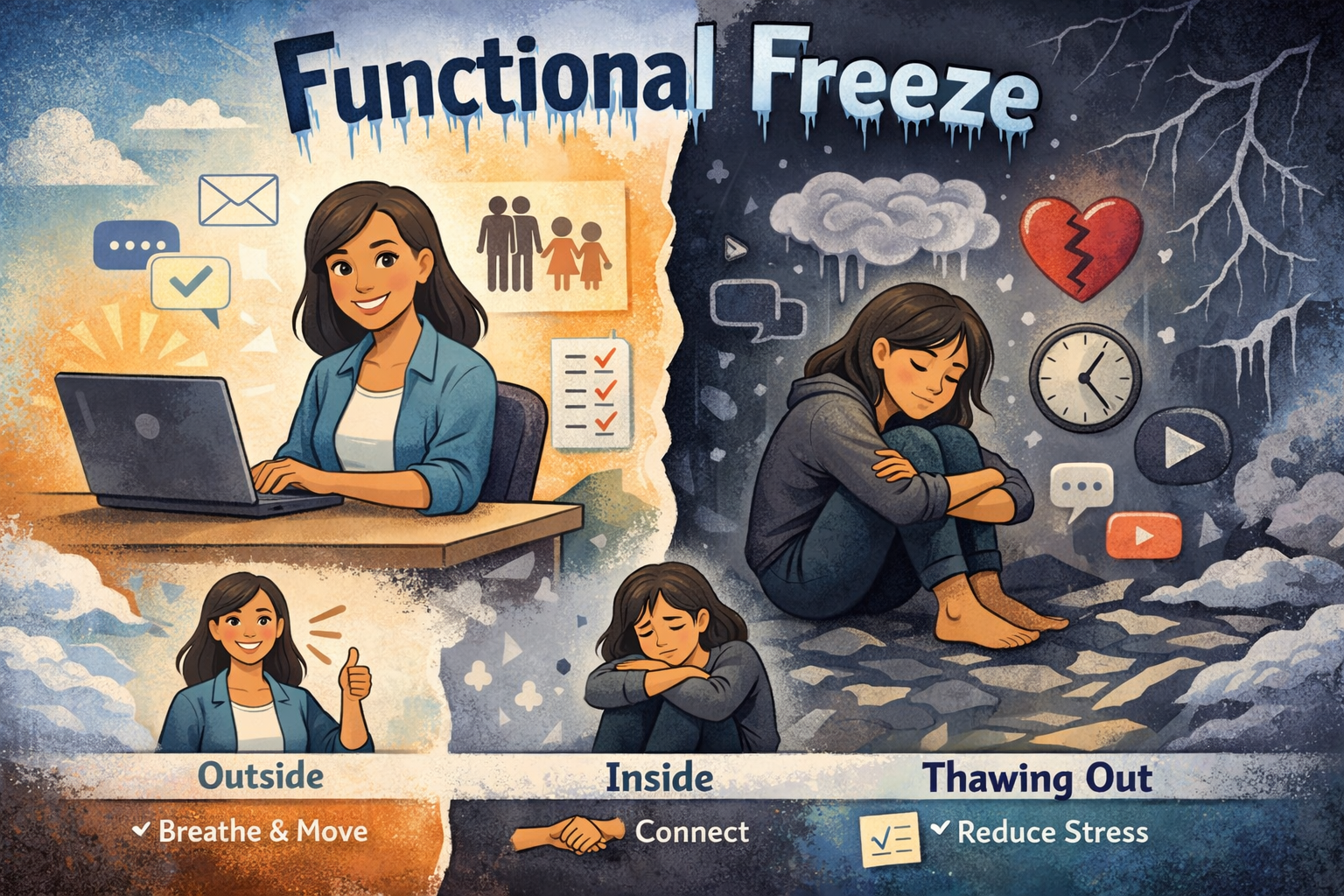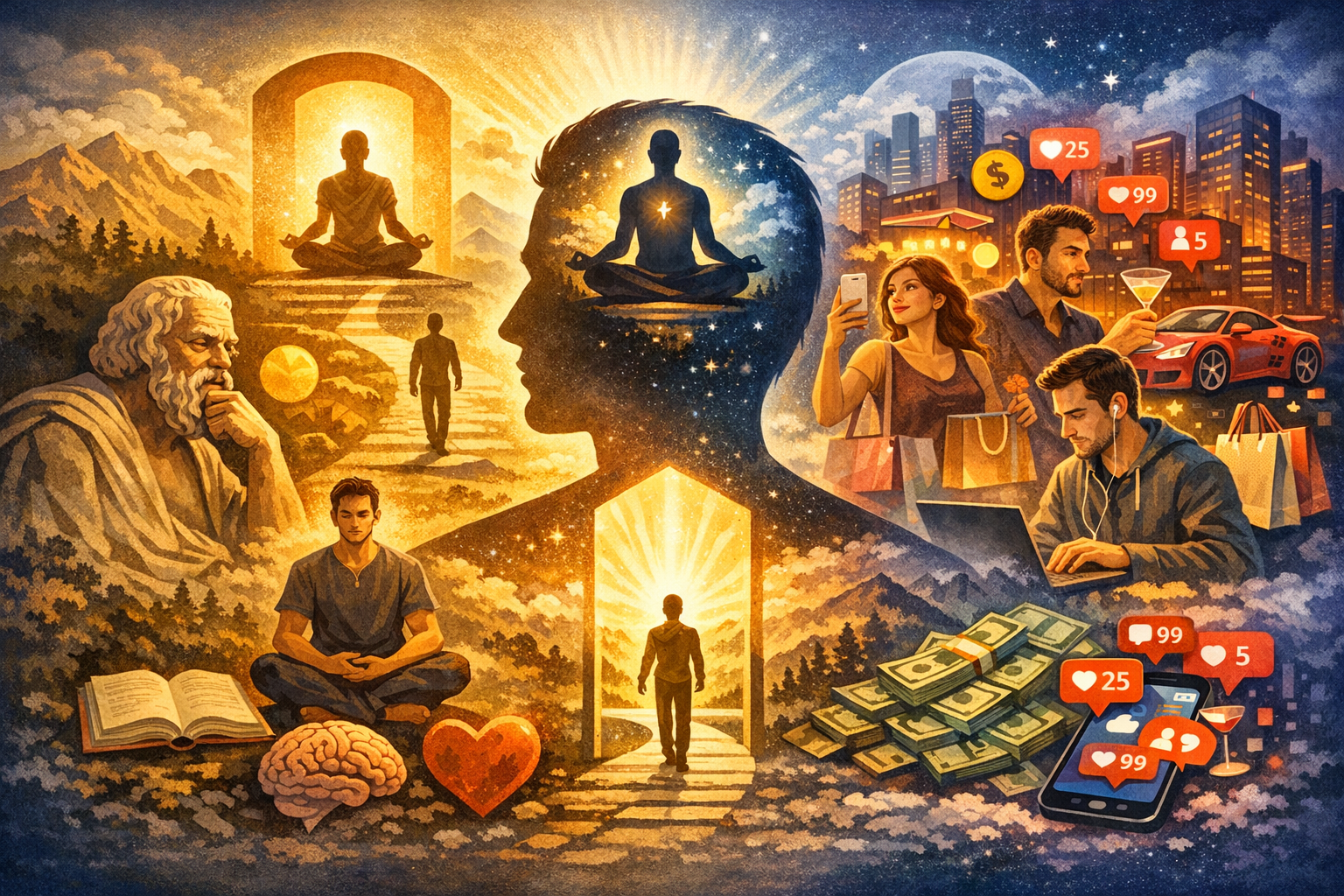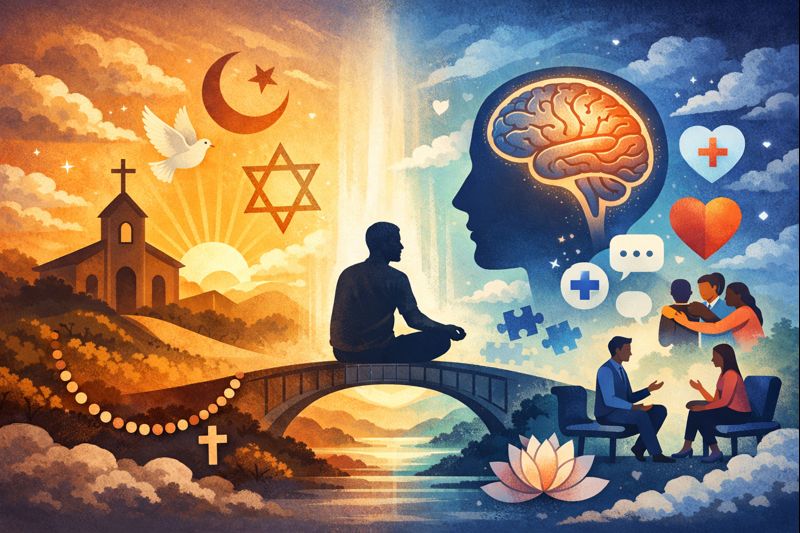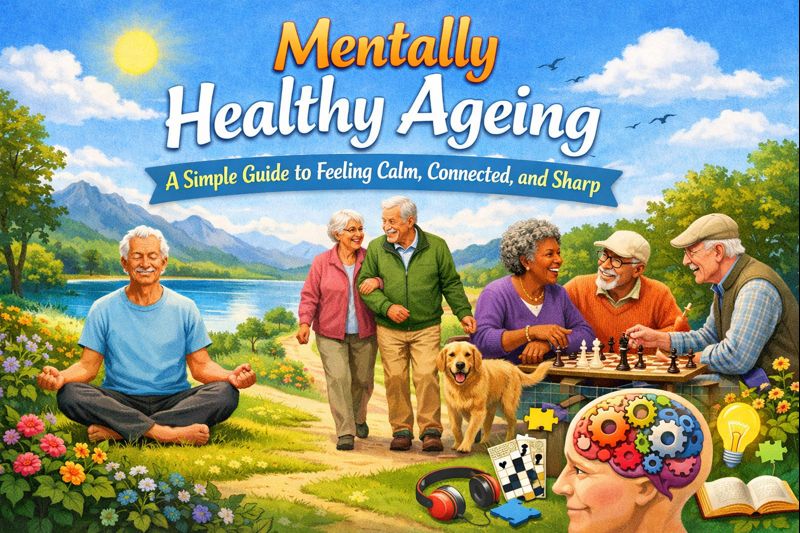Spiritual development and awakening represent a deep path of self-awareness which leads people to transcend material and intellectual aspects to experience the profound meaning and life purpose and interconnectedness of all things. The process requires developing inner peace, serenity and compassion while examining personal connections to transcendent forces. It can include religious beliefs or universal awareness or the awe for life's beauty.
The path to spiritual growth requires individuals to practice self-reflection and develop mindfulness techniques and ethical understanding while becoming more aware of how everything in life is transitory. The main purpose of spiritual development leads people toward both inner satisfaction and a broader understanding of their cosmic position.
"Have you ever pondered the number of genuinely ‘spiritually’ advanced persons in the world? Or even what 'spiritually awakened' actually means? This article will go into Ken Wilber's Integral Theory, examine the intriguing phases of spiritual development, and reveal how you might start your own spiritual development path.
The Significance of Spiritual Evolution.
Being religious or adhering to a particular doctrine is not what spiritual progress is all about. It is about developing compassion, self-awareness, and a sense of belonging to something bigger than oneself.
However, how can we quantify this? What are the norms and criteria for categorising people in different categories. Furthermore, how many people are spiritually enlightened in the world? We can utilize frameworks like Ken Wilber's Integral Theory to comprehend the stages of spiritual development and where the majority of people fall, even though it is extremely difficult to exactly pinpoint a precise number. The reason is to what extent we are spiritually awakened is purely a subjective experience, no yardstick to measure the spiritual growth.
An Overview of Ken Wilber's Integral Theory
The Integral Theory is a paradigm that charts human consciousness and growth and was developed by novelist and philosopher Ken Wilber. Human development, according to Wilber, occurs in phases, ranging from rudimentary survival to more advanced enlightenment. These phases encompass not just spiritual development but also moral, emotional, and psychological growth.
According to Wilber's paradigm, spiritual development occurs in three major stages:
1. The Pre-Personal Stage: During this phase, our attention is on our ego, fundamental necessities, and survival. Consider it the "me" stage.
2. The Personal Stage: During this phase, we form our sense of self, conform to social expectations, and frequently uphold established religious or cultural values.
3. The Trans-Personal Stage: In this phase, we experience interconnectivity, transcend the ego, and advance to higher states of awareness.
The Phases of Spiritual Growth
Let us examine these phases in more detail and consider how they relate to the world's population.
1. The egocentric pre-personal stage
Life at this point is all about self-interest and survival. They struggle on day-to-day basis. Here, people are frequently motivated by desire, fear, or material requirements. Even while this phase is crucial for early development, becoming mired in it might result in conflict or selfishness.
Population Estimate: Approximately 30–40% of the world's population.
2. The majority of people function at the Personal Stage (Conventional). They live by social norms, pursue a sense of belonging, and adhere to cultural or religious traditions. Here, organized religion and other exterior structures are frequently linked to spirituality.
The estimated population is between fifty and sixty percent.
3. The Post-Conventional Trans-Personal Stage
At this point, people start to doubt established beliefs, look for greater or larger significance, and develop higher degree of empathy and compassion for others. They frequently look at techniques like mindfulness, meditation, and global spirituality.
About 5–10% of the population is estimated.
4. The Enlightened Unitive Stage
At this stage of spiritual development, people feel a sense of unity with everything. Consider spiritual leaders such as Rumi or the Buddha under this are category of people. Once in decades we can come across such enlightened souls.
Population Estimate: Less than 1 percent.
How Does It Matter?
Knowing these phases enables us to assess our present status and identify areas for improvement. It also serves as a reminder to show empathy and compassion for others because everyone is in a different developmental stage. Spiritual development is a lifelong process of awakening; it is not a destination or race to reach certain definitive stage.
How Can Your Spiritual Journey Begin?
Here are some ways to get you started if you're motivated to further your spiritual development:
1. Engage in Self-Reflection: Take the time to comprehend your reasons, values, and beliefs. It is the beginning of inner journey, start introspecting yourselves deeply.
2. Mindfulness and Meditation: Use mindfulness or meditation to develop self-awareness and mindfulness, which is the ability to be present on the moments. We spend more and more time in the present by minimizing mind’s wandering and distractions. In today’s world, digital obsession is leading to huge distraction.
3. Learn and Acquire Knowledge of Ancient Wisdom and Traditions: Gain knowledge from spiritual traditions such as Advaita Vedanta, Buddhism, and Taoism.
4. Serve Others: You may connect with people and get over your ego by performing deeds of kindness and service.
5. Seek Guidance: Look for communities, instructors, or mentors who share your spiritual objectives.
Concluding remarks
Spiritual development is a process rather than a final goal. Every step count, regardless of how long you've been on the path or how recently you have begun to wonder about life's greater purpose. Recall that the goal is to develop, learn, and become more fully oneself, not to attain the "highest" stage.
Are you looking for inner peace, deep relaxation or holistic solutions for mental health? Visit http://themindtherapy.in - your space for online counselling/therapy, free mental health tests, meditation, sound therapy etc.
Mind Therapy is India's trusted platform for mental health, mindfulness, and holistic healing. Explore expert-led programs, guided meditation, sound therapy and counselling at http://themindtherapy.in



